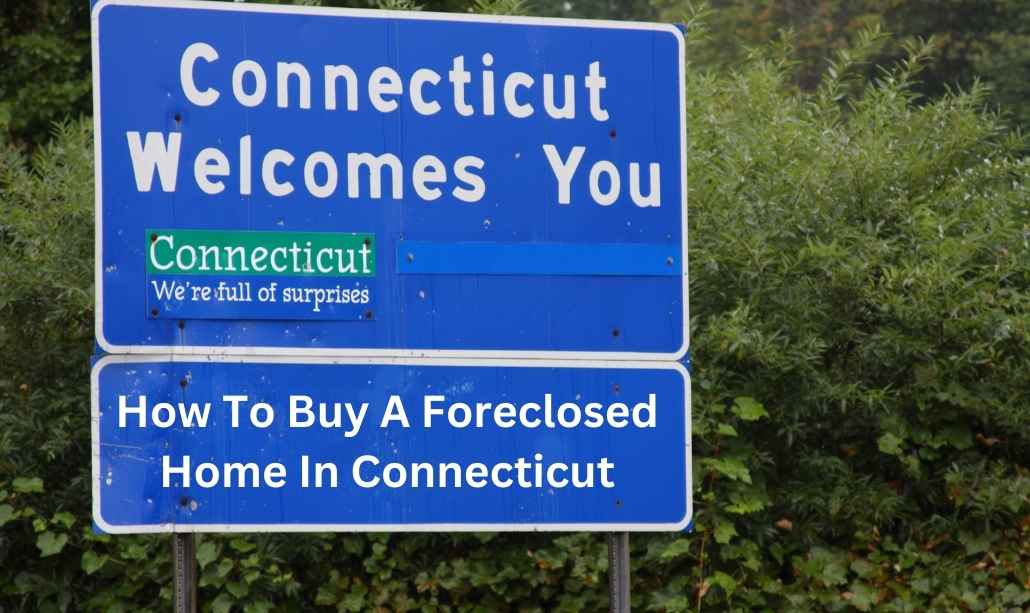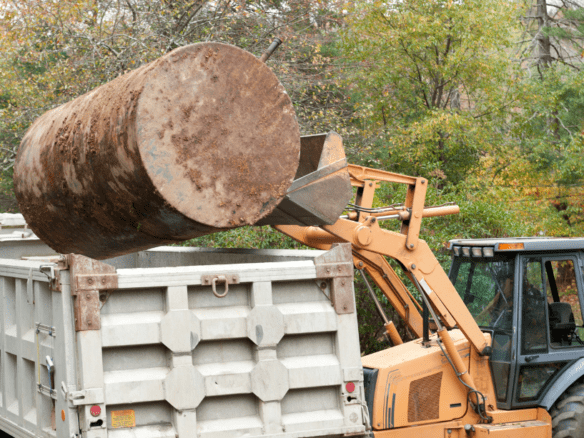Purchasing a foreclosed home in Connecticut can be a strategic way to acquire a property at a potentially discounted price. However, the process can be complex and competitive, requiring careful planning and due diligence. This comprehensive guide will walk you through the steps involved, from understanding foreclosures to closing on your new home.
Understanding Foreclosures in Connecticut
Before you embark on your search, it’s essential to grasp the different types of foreclosures in Connecticut:
- Judicial Foreclosure: This involves a court-supervised sale of the property, often initiated by a lender.
- Non-Judicial Foreclosure: A faster process, typically involving a public sale conducted by the lender or a trustee.
- Pre-Foreclosure Sale: A sale initiated by the homeowner before the foreclosure process begins.
Finding Foreclosed Properties
Several avenues can help you locate foreclosed homes:
- Online Marketplaces: Websites like RealtyTrac, Auction.com, and Zillow often list foreclosed properties.
- Real Estate Agents: Local agents specializing in foreclosures can provide valuable insights and assistance.
- Public Records: Check your county courthouse for foreclosure listings.
- Foreclosure Auctions: Attend public auctions where foreclosed properties are sold.
Preparing for the Purchase
- Get Pre-Approved for a Mortgage: A pre-approval letter demonstrates your financial capability to lenders and sellers.
- Research Property Values: Compare the asking prices of foreclosed homes to similar properties in the area.
- Understand the Foreclosure Process: Familiarize yourself with the specific procedures and timelines in Connecticut.
- Hire a Real Estate Attorney: Legal counsel can provide expert guidance throughout the process.
Attending Foreclosure Auctions
- Register: Follow the auction rules and register to participate.
- Set a Budget: Determine your maximum bidding price based on your financial capabilities.
- Be Prepared to Act Quickly: Auctions can be fast-paced, so be ready to make swift decisions.
Making an Offer
- Submit a Bid: If you win the auction, submit your bid in writing to the auctioneer.
- Negotiate (if applicable): In some cases, you may be able to negotiate the price after the auction.
- Due Diligence: Conduct a thorough inspection to assess the property’s condition and potential repairs.
Closing on the Property
- Complete Paperwork: Prepare and sign necessary documents, including the purchase agreement and mortgage paperwork.
- Pay Closing Costs: Be prepared to cover closing costs, which typically include fees for the attorney, appraisal, title search, and recording.
- Transfer Title: Once the closing is complete, the title of the property will be transferred to you.
Additional Considerations:
- Cash vs. Financing: Determine whether you’ll purchase the property with cash or obtain financing.
- Property Condition: Foreclosed homes may require repairs or renovations. Factor these costs into your budget.
- Zoning and Restrictions: Research zoning laws and any restrictions that may affect the property’s use.
- Tax Implications: Consult with a tax professional to understand the tax implications of owning a foreclosed home.
These 3 Things to Watch Out For
Connecticut foreclosures might be good purchase, but take care The fact of the matter is, not all things that resemble real estate treasures are similar to how they look. If you are thinking of buying a foreclosed home there are three things you definitely want to keep an eye out for.–>Before we get into the critical criteria, let me first emphasize that anything we mention is with the notion that investors like to flip homes and then there’s the option of moving-in–>
1) How’s the neighborhood?
One thing to consider when purchasing a new home is its location, especially if you plan on selling your property in the future. Does not matter how low priced the house is, it will not be a fun place to live if its out in the country or a bad location. Before you purchase, take a look at the area that it is located in order to assess whether or not the sale would be worth it.
2) How much work does it need?
The best way to buy a foreclosed home is before you buy, always check it out. Foreclosed properties often have a gap of time before they are put up at auction, and so restoration repairs will be necessary in just about all cases. Refitting windows and repairing your rotting walls may be wormier than you imagined. Painting and plastering could be worse. Do not take anything the bank said in the disclosure sheet for gospel; inspect the damage yourself before handing over your money.
3) What’s the Fine Print?
Buying a foreclosed home from a loan agency is not as easy as buying property via an actual estate seller. Much of the time this will involve paying down and clearing tax liens, and other bills that are attached to the title. Those who occupy the house, if already rented; won’t even be asked out of it months after you’ve claimed ownership. You might consider engaging a real estate attorney in Connecticut to review all of the documents before you sign them. That way, you know what you are getting into.
A Connecticut foreclosure is not something that everyone should buy. Sometimes foreclosed homes are in bad shape and require substantial repairs, and the red tape involved with a foreclosure can overwhelm certain buyers. With a lot of elbow grease and doing fix-up work, you can get them for very cheap, sometimes even make money when you sell the house.
Common Challenges and Tips
- Competition: Foreclosed homes can be highly competitive, so be prepared to act quickly.
- Property Condition: Some foreclosed properties may be in poor condition, requiring significant repairs.
- Legal Issues: Foreclosure processes can involve legal complexities, making it advisable to work with an attorney.
- As-Is Sales: Many foreclosed homes are sold “as-is,” meaning the seller is not responsible for repairs.
Conclusion
Buying a foreclosed home in Connecticut can be a rewarding experience, offering potential savings and unique investment opportunities. By understanding the process, conducting thorough research, and seeking professional guidance, you can increase your chances of finding a suitable property and successfully navigating the purchase.







Join The Discussion